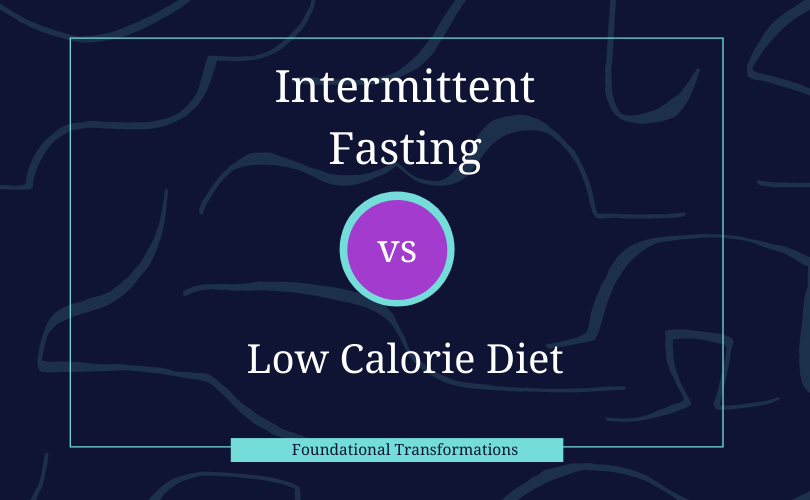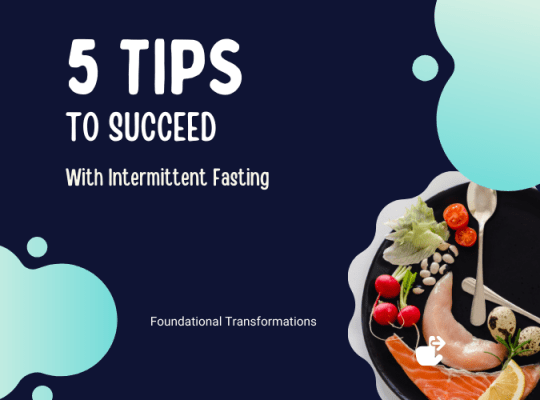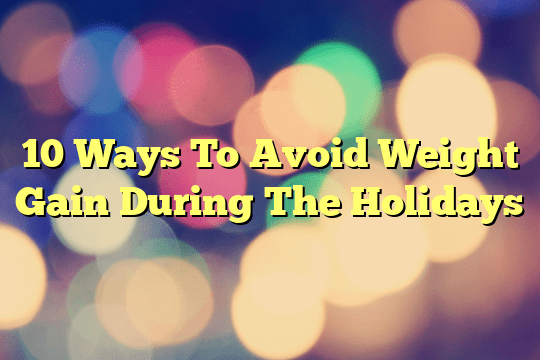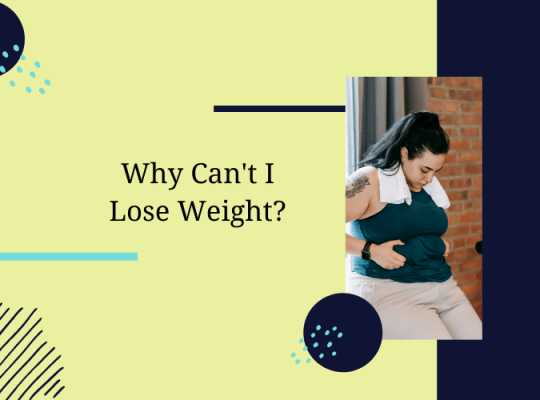In recent years, a number of new “fad” diets have come to market. Most notably one is called intermittent fasting. But the real question is, how is intermittent fasting vs a low-calorie diet different? While both diets tend to lead to results. It might surprise you to find out they actually affect your body in vastly different ways.
Easier To Maintain Long-Term
Unsurprisingly, a simple low-calorie diet, while effective in weight loss, is difficult for an individual to maintain long term. Counting calories can be tiring, and difficult when it comes time to eat out or eat dinner at a friend’s house. Intermittent fasting on a daily basis is easier to maintain. It allows you to only eat between certain hours of the day. Making it easier to work around social situations.
For example, a number of people who intermittent fast choose to eat starting around the dinner hours and stop eating a couple of hours before bed. This makes it easy for them to attend social gatherings with friends in the evening without worrying about counting calories or what they will eat.
But long-term success with intermittent fasting also depends on the type of intermittent fasting you participate in. In a study carried out on students at the University of Chicago. Students who were placed in the intermittent fasting group where they could only eat every other day dropped out of the study more frequently than any other group.
When interviewed as to why they dropped out, a number of them stated it was simply too hard for them to maintain such a drastic eating pattern.
Health Benefits
Whether you choose intermittent fasting or a low-calorie diet, both have the health benefit of weight loss. Also. lowering your risk for a number of weight-related diseases. What you may not know, however, is that each diet affects your body in different ways.
According to a two-year study that compared the two diets, calorie restriction specifically helps those struggling with diabetic issues, or any precursors to diabetes. Intermittent fasting, on the other hand, specifically enhanced cellular resistance to disease due to overall changes in the metabolic rhythm (Comparison of Intermittent Fasting Versus Caloric Restriction in Obese Subjects: A Two Year Follow-Up, F. B. Aksungar, M. Sarikaya, A Coskun, M Serteser, I Unsal).
What You Eat Still Matters
Although a number of people who engage in intermittent fasting boast that they can still eat whatever they want during their nonfasting hours. This is not necessarily true. Whether you go with a low-calorie diet or intermittent fasting, achieving the full health benefits of either diet is done by changing what you eat.
Neither of these diets is a magic pill. They will not allow you to eat pizza and ice cream all day every day. This was further demonstrated in the University of Chicago study in which all students received dietary counseling during the first 12 weeks of the study.
Does this mean they ate healthy for every minute of the study? Of course not! But it means they were more conscious about what they were putting in their body.
No matter which diet you choose, both intermittent fasting and low-calorie diets lead to weight loss. They reduce the overall calories eaten in a day. Which diet you choose ultimately depends on which one you believe you will be able to maintain long term. And the specific health benefits you are looking to achieve via dieting. But remember, a diet isn’t magic, and no matter which one you choose you will still have to watch what you eat.







